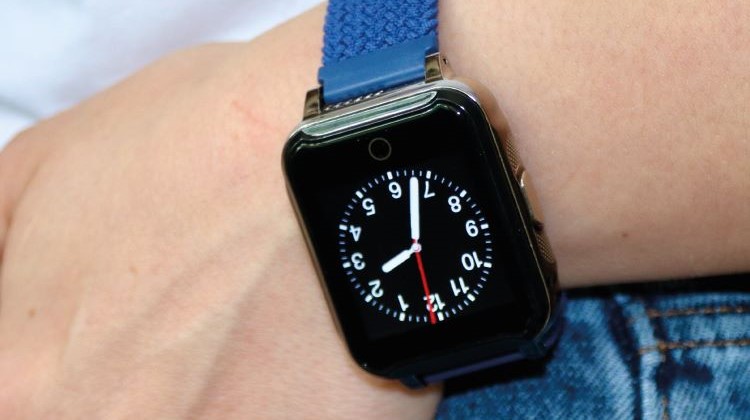Can Epilepsy Cause Memory Problems?
Epilepsy is a neurological condition that affects the brain’s electrical activity. But it’s not just seizures that can be challenging – many people living with epilepsy also report memory difficulties. So, how are the two connected?
The brain and epilepsy – a complex relationship
Epileptic seizures are caused by abnormal bursts of electrical activity in the brain. Depending on where these signals originate, different functions may be affected – such as movement, consciousness, or memory. If the seizures begin in the temporal lobe, which houses the hippocampus (a key structure for memory), memory issues are more common.
Seizures can disrupt memory processes
During a seizure, normal brain activity is interrupted. This can mean that information isn’t properly stored as memory. Even if you don’t notice the seizure – as in focal seizures without loss of awareness – the brain might still be disturbed enough to affect memory.
Medication – both help and challenge
Anti-epileptic drugs (AEDs) are often essential for controlling seizures. But they can come with side effects, including fatigue, difficulty concentrating, and memory problems. Reactions vary, so finding the right medication and dosage with your doctor is key.
Mental health matters too
Stress, anxiety, and depression are more common in people with epilepsy – and all of these can negatively affect memory. Supporting your mental well-being is therefore an important part of maintaining cognitive function.
What can you do?
If you experience memory problems linked to epilepsy, there is support available:
-
Talk to your healthcare team. A neurologist or epilepsy nurse can help investigate and adjust treatment if needed.
-
Support your brain. Cognitive tools, apps, and structured routines can make a big difference.
-
Find community. Talking to others with similar experiences – for example through support groups – can be helpful and encouraging.
While epilepsy is primarily known for its seizures, it’s important to look at the whole picture. Memory is vital to everyday life – and with the right support, improvements are often possible.
Personal alarm that can be triggered at any time
Sensorem’s personal alarm can automatically be triggered in the event of a fall and then automatically call relatives using the watch’s built-in speakerphone with two-way communication. The user can also trigger the alarm manually by pressing the physical alarm button. The personal alarm works outdoors and has built-in GPS positioning so that relatives can see the user’s position on a map in the Sensorem app.
READ ABOUT HOW SENSOREM’S PERSONAL ALARM CAN INCREASE SAFETY FOR SOMEONE SUFFERING FROM EPILEPSY

